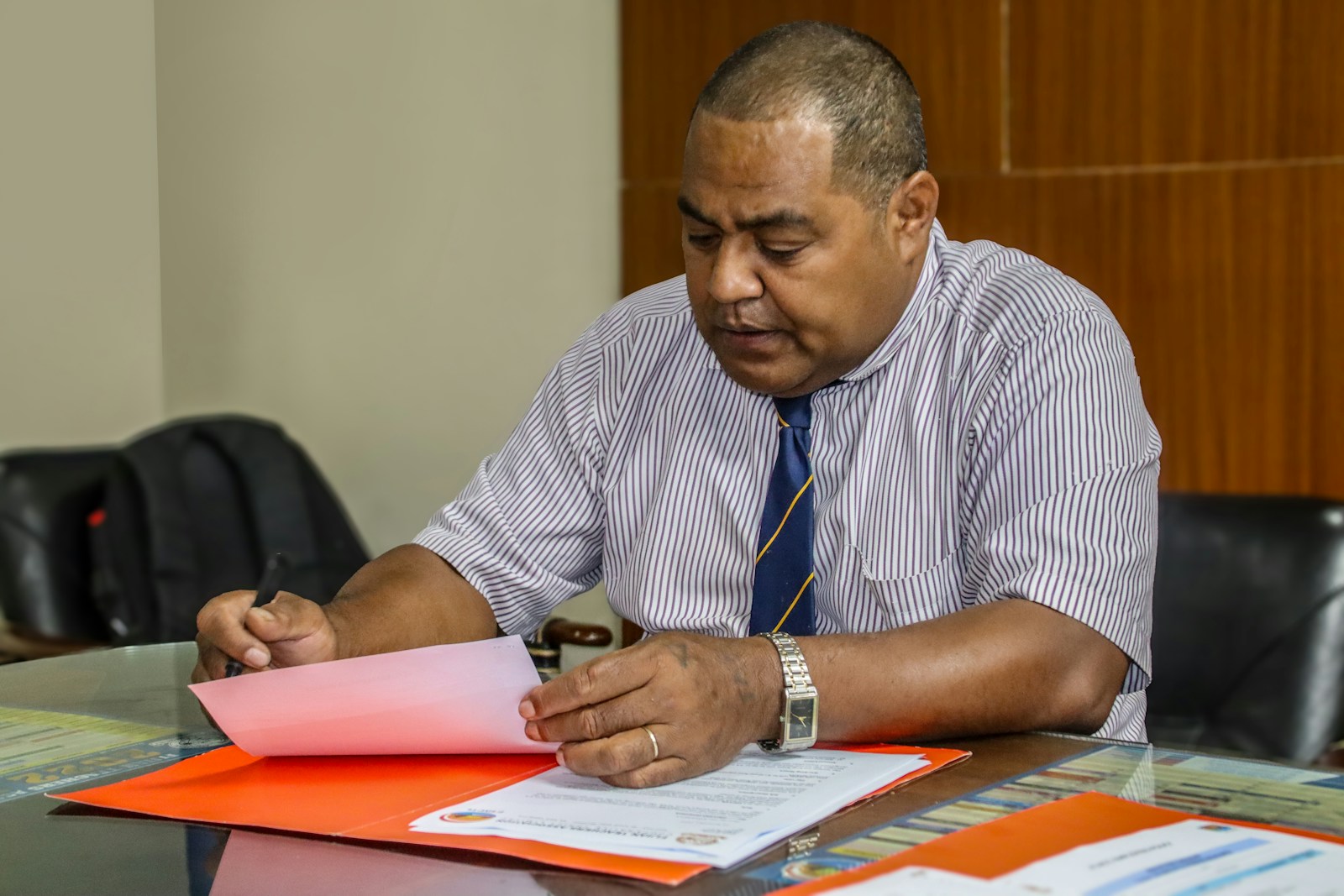Political stability in Mauritius has long been considered a cornerstone of the nation’s progress. However, this stability cannot be taken for granted, as it is constantly influenced by political, social, and economic factors. Citizens and leaders alike must remain vigilant to preserve the balance that sustains growth, democracy, and public trust.
The foundations of political stability
Political stability in Mauritius rests on several pillars, including strong institutions, rule of law, and active citizen engagement. The presence of a robust legal framework ensures that governance is predictable, transparent, and accountable. At the same time, democratic processes such as regular elections and open debate contribute to maintaining confidence in political leadership.
Another critical aspect is the respect for social diversity. Mauritius is a multiethnic society with varied religious and cultural backgrounds, and stability depends on the ability of political actors to mediate differences and foster inclusivity. Without attention to these foundations, even minor disputes can escalate into larger tensions that threaten national cohesion.
Education and civic awareness also play a vital role. Citizens who understand their rights and responsibilities are more likely to engage constructively in public life, supporting stability rather than undermining it. Thus, political stability is not merely the absence of conflict, but the presence of strong, participatory, and informed societal structures.
Historical lessons and warning signs
Mauritius has experienced periods of challenge in its political history that illustrate the fragile nature of stability. Past crises, whether economic or social, show that underlying tensions can quickly become critical if not addressed through timely policy responses and dialogue. Recognizing early warning signs is essential for preventing instability.
Political alliances, leadership disputes, and policy disagreements can all serve as indicators of potential instability. Effective communication and compromise are key to navigating these challenges. Leaders must prioritize national interest over personal or party agendas to avoid erosion of public trust.
Economic disparities and social inequalities also have the potential to trigger unrest. Policymakers must ensure that reforms are inclusive and responsive to citizen needs, or risk creating frustration that can undermine stability. Historical lessons remind us that ignoring these factors can have long-lasting repercussions on governance and society.
Economic and social pressures
The Mauritian economy, while resilient in many areas, faces pressures that directly affect political stability. High unemployment, inflation, and external shocks can exacerbate social tensions if not managed prudently. Citizens expect governments to anticipate challenges and implement measures that protect livelihoods and promote equitable growth.
Social programs, infrastructure investments, and support for entrepreneurship are essential tools for mitigating economic stress. By addressing both immediate needs and long-term development, political leaders can reinforce stability and maintain public confidence in governance structures. Conversely, neglecting these pressures can lead to dissatisfaction and political unrest.
International influences, including global market fluctuations and regional geopolitical dynamics, add complexity. Political leaders must balance domestic priorities with external pressures to ensure sustainable stability, making careful planning and proactive policy-making critical components of governance.
Political institutions and governance
Strong political institutions are central to maintaining stability. In Mauritius, institutions such as the parliament, judiciary, and independent regulatory bodies play a key role in enforcing laws, ensuring accountability, and protecting citizen rights. The effectiveness of these institutions directly impacts the public’s trust in government and the perception of stability.
Transparent processes and impartial decision-making help reduce opportunities for corruption and favoritism, which can destabilize governance. When citizens observe fair enforcement of rules and procedures, they are more likely to support political leadership, even in times of policy disagreement.
Institutional capacity is also tested during crises. Whether facing economic downturns, social unrest, or natural disasters, the resilience and responsiveness of governance structures determine whether stability is maintained or threatened. Continuous strengthening of institutions is therefore essential for long-term political stability.
Leadership and consensus-building
Political stability is closely tied to the quality of leadership. Leaders must possess the ability to build consensus among diverse political factions, mediate conflicts, and prioritize national interest over partisan goals. In Mauritius, coalition governments are common, making negotiation and compromise vital skills for sustaining stability.
Effective leadership requires both vision and pragmatism. Decisions must be communicated clearly to the public, and policies should address immediate concerns while setting a strategic path for long-term growth. Leaders who fail to engage stakeholders or ignore societal pressures risk eroding confidence and destabilizing the political environment.
Citizens often judge political stability not only by policies but by the tone and conduct of leadership. Respectful dialogue, transparency, and accountability are key to reinforcing stability and preventing the escalation of conflicts into broader crises.
Social cohesion and citizen engagement
Stability cannot exist without social cohesion. Mauritius’s multiethnic and multicultural society requires active engagement between citizens and political actors to foster trust and understanding. Programs that promote inclusion, equality, and participation strengthen resilience against political tension.
Civic engagement initiatives, such as public consultations, community forums, and educational campaigns, help citizens feel invested in governance processes. When people perceive that their voices matter, they are more likely to cooperate with governmental policies and uphold stability.
Failure to maintain social cohesion can result in fragmentation and unrest. Disenfranchised groups or communities feeling neglected by policy decisions may mobilize opposition, challenging the stability of political institutions. Thus, consistent attention to citizen engagement is a cornerstone of sustainable political stability.
External factors and regional influence
Political stability in Mauritius is also influenced by external and regional factors. Global economic trends, trade agreements, and geopolitical developments can impact domestic policy decisions and public sentiment. Leaders must navigate these external pressures while maintaining internal coherence to prevent destabilizing effects.
Regional cooperation with neighboring countries and participation in international organizations provide additional layers of security and guidance. Policies aligned with regional standards help build confidence among citizens and investors alike, reinforcing the perception of stability.
Ignoring external influences can have serious consequences. Shocks from international markets or political tensions in the region can trigger economic and social stress that challenges domestic stability. Proactive monitoring and responsive strategies are therefore essential components of a stable governance framework.
Technological and information challenges
The rise of digital communication and social media presents both opportunities and risks for political stability. Accurate and transparent information can enhance civic engagement, but misinformation or manipulation can create tensions and undermine trust in institutions. Mauritius must develop mechanisms to promote reliable information while addressing false narratives.
Technology also affects economic opportunities and public expectations. Citizens increasingly demand digital services, online transparency, and efficient communication with authorities. Political actors must adapt to these expectations to maintain confidence and avoid destabilization due to perceived inefficiency or exclusion.
Investing in digital literacy, cybersecurity, and public communication strategies strengthens political resilience. In contrast, neglecting these factors can amplify social divisions and erode the legitimacy of political institutions.
Future prospects and policy priorities
Looking ahead, maintaining political stability in Mauritius requires careful attention to both long-term strategies and immediate policy priorities. Key areas include economic diversification, social inclusion, environmental sustainability, and continuous institutional strengthening. By addressing these priorities, leaders can anticipate challenges and mitigate potential risks to stability.
Strategic planning and transparent policy implementation are crucial for long-term confidence. Governments must balance competing demands, foster collaboration across sectors, and remain responsive to emerging issues. This approach ensures that political stability is not merely a temporary condition but a sustainable foundation for national development.
Ultimately, the ability of Mauritius to preserve political stability will depend on proactive governance, inclusive policies, and the engagement of citizens at all levels of society. Leaders and citizens alike share responsibility in safeguarding the nation’s democratic foundations and future prosperity.
Conclusion
In conclusion, political stability in Mauritius cannot be taken for granted. While the country has historically maintained a stable political environment, it remains vulnerable to internal disagreements, social pressures, economic challenges, and external factors. The lessons are clear: strong institutions, inclusive governance, citizen engagement, and vigilant leadership are essential to preserve stability.
The future of Mauritius will be shaped by the ability of its political actors to anticipate risks, respond to crises effectively, and maintain the trust of its people. Stability is both a responsibility and a continuous effort, requiring collaboration across all sectors of society.
Read more on national sentiment in Mauritius
Political stability cannot be taken for granted; it requires continuous effort and a delicate balance among different political and social forces. As highlighted in the United Nations report on democracy in fragile states, “democracy in fragile states is a complex process that cannot be rushed or assumed.”




